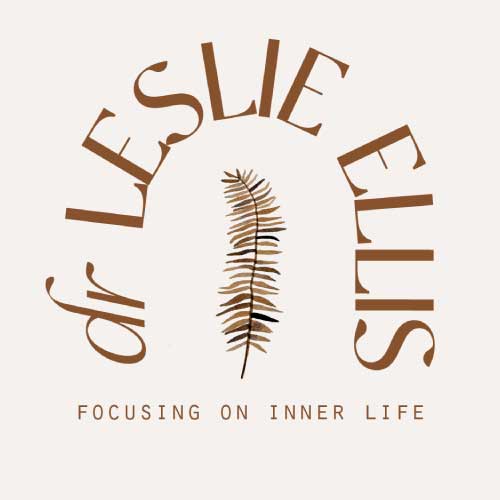A recent study showed that even one session of nightmare treatment can be enough to significantly reduce the frequency and distress of nightmares. Katharin Luth and two other German researchers studied this low-threshold intevention, stressing the need for easy access to treatment because so often, nightmares are both underdiagnosed and untreated.
In the study, 28 people were given a half-hour phone session that provided information on what causes nightmares, and then offered a short version of Imagery Rehearsal Therapy (IRT), which asks the dreamer to write down their nightmare, imagine a new ending or revised version and visualize this new version for 5-10 minutes a day.
After 8 weeks of self-practice, the participants were asked about the impact on their nightmares. Participants were either students or patients from a sleep laboratory, and there was no control group. Follow-up calls determined that 64% of participants’ nightmare frequency was reduced, 29 percent were unchanged and 7 percent experienced an increase in nightmare frequency.
Results were very similar for nightmare distress, which was reduced significantly for 63% of participants and most (78%) reported little or no distress post treatment. Of the 28 participants, 17 decreased distress, 9 remained the same and 1 experienced an increase.
The researchers also asked participants about their subjective experience with the treatment, and found that 2 of the 28 thought the treatment itself was scary because the process began with imagining their nightmares. There were far more positive reports (19) and 3 found immediate relief, saying, “The dreams completely disappeared as if they were switched off.”
All but one person in the study found the process helpful or very helpful. Effect sizes (d=1.92) were very large, possibly because for every person in the study, this was the first time their nightmares were addressed by a professional. For some, the simple idea that nightmares could be treated was a revelation, and then, to have a tool that they could use on their own brought them a greater sense of safety.
The authors concluded, “Because of the simplicity and the effectiveness of this method, we stress the idea put forward by many dream researchers that such easily accessibly offers for nightmare treatment should be implemented in our health care system.”
Some further resources:
Help for nightmare sufferers (free PDF) CLICK HERE
If you are interested in learning more about nightmares and their treatment, sign up for my short, focused online course. Because I feel this material is important to disseminate, the course is always open, is self-paced, and currently discounted during the virus crisis. Please ask your clients if they have nightmares, and let them know they are treatable.Check out our Short Focused Course on Nightmare Treatment using THIS LINK.
Lüth, K., Schmitt, J. & Schredl, M. Conquering nightmares on the phone: one-session counseling using imagery rehearsal therapy. Somnologie (2021). https://doi.org/10.1007/s11818-021-00320-w
Are you a parent concerned about the frequency and intensity of your child’s bad dreams? Should you be concerned?
Learn more about Nightmare Relief for Everyone designed by nightmare expert Dr. Leslie Ellis, this self-paced user-friendly and accessible online course covers the very latest in science and research about what nightmares are, and what they’re not. Leslie offers some simple steps you can take to get some relief from nightmares and other nocturnal disturbances – both for yourself and for others, including your children.
